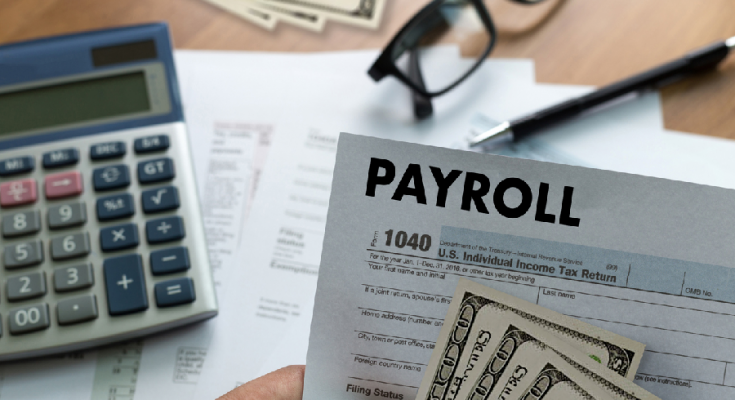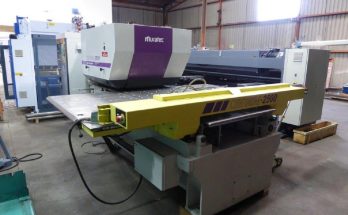Payroll fraud is a type of white-collar crime that can have serious consequences for businesses of all sizes.
It occurs when someone deliberately misappropriated company funds allocated for employee salaries and wages. This can be done through a variety of methods, including creating false payroll records, altering time sheets, and pocketing cash payments.
Here are some red flags that may indicate payroll fraud is taking place in your business:
Employees who are reluctant to take vacation or sick days.
If an employee is never out of the office, it could be a sign that they’re afraid of someone else taking their place and stealing their paycheck. If you notice an employee consistently working excessive hours with no time off, it’s worth investigating further.
Discrepancies between time worked and pay received.
If an employee’s pay stub shows they worked fewer hours than they actually did, it’s possible payroll fraud is taking place. This can happen if someone else is clocking in/out for them or if their hours are being manually altered.
Employees who are paid in cash “under the table.”
Paying employees in cash “under the table” is a common payroll fraud scheme. This allows employers to avoid paying taxes on the employee’s wages, as well as skirt other employment laws.
Employees who are paid for fictitious hours or “ghost employees.”
If you notice an employee being paid for hours they didn’t work, or for a job they don’t actually do, it’s possible payroll fraud is taking place. This can happen if an employee is being paid for “phantom” hours or if someone else is receiving their paycheck.
Unexplained bonuses or raises.
If an employee suddenly receives a raise or bonus that doesn’t seem to be justified, it could be a sign of payroll fraud. This can happen if an employee is receiving extra pay for hours they didn’t work or if their salary is being padded.
Employees who are resistant to change.
If an employee is resistant to changes in the payroll system, it could be a sign that they’re trying to hide something. This can happen if an employee is receiving extra pay that they don’t want to be discovered, or if they’re afraid of losing their place in the payroll fraud scheme.
By being aware of these red flags, you can help protect your business from payroll fraud. If you suspect that fraud is taking place, be sure to investigate further and take appropriate action.
How to Spot Payroll Accounting Fraud
When it comes to payroll fraud, the best offense is a good defense. By being proactive and understanding the various ways that payroll fraud can occur, you can help prevent it from happening in your business.
Here are some tips on how to spot payroll fraud:
Review your payroll records regularly.
One of the best ways to spot payroll fraud is to review your payroll records regularly. Look for any discrepancies or red flags that may indicate fraud.
Compare employee time sheets.
Another way to identify payroll fraud is to compare employee time sheets. This will help you spot any employees who are padding their hours or claiming overtime when they haven’t actually worked those hours.
Know who has access to your payroll system.
Make sure you know who has access to your payroll system and that only authorized personnel have this access. This will help prevent unauthorized changes to employee records or other types of fraud.
Implement internal controls.
Implementing internal controls is another key way to protect your business from payroll fraud. Internal controls help to ensure that your Payroll accounting system is being used correctly and that all transactions are properly authorized.
Payroll accounting software can help you spot payroll fraud. By tracking employee hours and expenses, you can catch any irregularities that may be occurring.
Takeaway
Payroll fraud is a serious problem that can have devastating consequences for businesses. If you suspect that it is happening in your business, don’t hesitate to take action.
Investigate the situation and, if necessary, contact the authorities. By taking these steps, you can help protect your business from payroll fraud.




